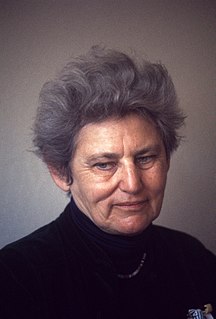A Quote by Paul Theroux
I think there is only one way to write fiction - alone, in a room, without interruption or any distraction.
Quote Topics
Related Quotes
When you write, you're alone in a room. And when someone reads a book, they're alone in a room, too, usually. It's a really intimate exchange. And so people ask me where I get the boldness to talk about this or that, but I didn't feel like it required any sort of courage, because I was alone. Sometimes it feels weird for people to read it.
I write fiction longhand. That's not so much about rejecting technology as being unable to write fiction on a computer for some reason. I don't think I would write it on a typewriter either. I write in a very blind gut instinctive way. It just doesn't feel right. There's a physical connection. And then in nonfiction that's not the case at all. I can't even imagine writing nonfiction by hand.
I did not always know I would be a writer. Until I had a room of my own, I did not write much at all - no more than any other child who read a lot of books. I began to write fiction and poetry when I first had a room that was truly my own with a door that shut and some measure, however fragile, of privacy.
Among well bred people a mutual deference is affected, contempt for others is disguised; authority concealed; attention given to each in his turn; and an easy stream of conversation maintained without vehemence, without interruption, without eagerness for victory, and without any airs of superiority.
I write my first draft by hand, at least for fiction. For non-fiction, I write happily on a computer, but for fiction I write by hand, because I'm trying to achieve a kind of thoughtless state, or an unconscious instinctive state. I'm not reading what I write when I wrote. It's an unconscious outpouring that's a mess, and it's many, many steps away from anything anyone would want to read. Creating that way seems to generate the most interesting material for me to work with, though.






































